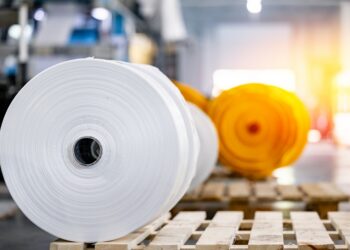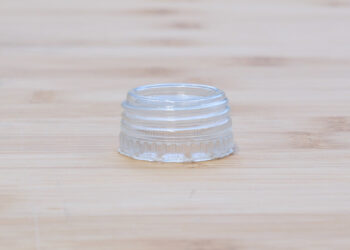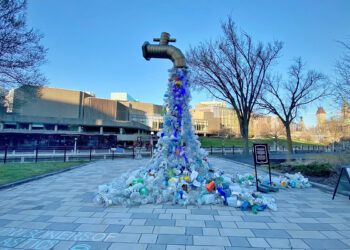A bill introduced in the U.S. Senate protects composting, recycling and garbage facilities from cleanup cost liability if a class of chemicals called PFAS contaminates the environment at their facilities.
The legislation, introduced by Sen. Cynthia Lummis of Wyoming and sponsored by several other Senate Republicans, exempts owners/operators of composting operations and solid waste management facilities from liability under the federal Comprehensive Environmental Response, Compensation, and Liability Act (CERCLA) of 1980, commonly known as the “Superfund” law.
Specifically, they’d be protected from liability with respect to environmental contamination from perfluoroalkyl and polyfluoroalkyl substances, or PFAS, which are a class of long-lasting chemicals found in consumer, commercial and industrial products that present human toxicity and environmental contamination concerns. The chemicals can be added in the manufacturing of products, or PFAS can result as an unintended byproduct of manufacturing.
Under CERCLA, owners of contaminated sites, as well as individuals and organizations that shipped the contaminated material to those sites in the first place, can be sued and forced to help contribute to cleanups under certain circumstances. The law has recently been applied to force electronics recycling companies to contribute to the cleanup of stockpiles of old, bulky TVs containing leaded glass, for example.
What would change
Lummis’ bill says that resource management facilities – essentially defined by federal law to include composters, recycling and garbage facilities – can’t be forced to help pay for environmental cleanup if they received and managed solid waste or biosolids that contained PFAS. An exemption is if the resource management facilities acted “with gross negligence or willful misconduct in the discharge, disposal, management, processing, conveyance, or storage” or PFAS substances.
The legislation, which hasn’t been assigned a bill number yet, is just one of five bills Lummis has introduced that exempt different industries from CERCLA liability for PFAS.
The introduction comes as the U.S. EPA is considering designating some PFAS compounds as hazardous substances under CERCLA.
“There is no doubt we need to consider the environmental impacts of PFAS chemicals but suing entities who did not contribute to the contamination is overkill, especially considering some of these entities, such as ranches and water facilities, are just downstream receivers,” Lummis stated in a press release.
The National Waste & Recycling Association (NWRA), Solid Waste Association of North America (SWANA), US Composting Council, Waste Management (WM) others voiced support for the bill.
States such as California, New York, Oregon and others are beginning to target the use of PFAS in new products. Private recycling industry stakeholders, including the How2Recycle labeling program and the U.S. Plastics Pact, have also taken steps against the use of intentionally added PFAS.






























